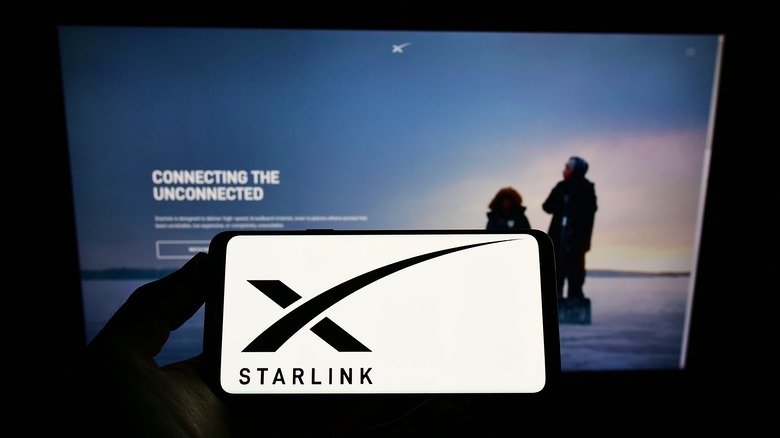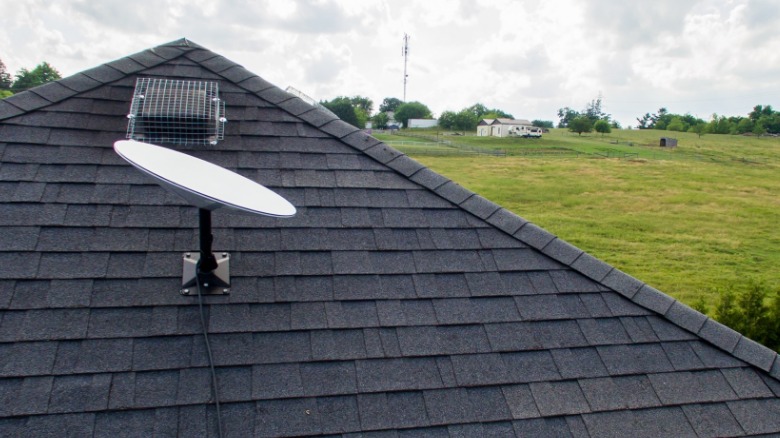Viasat Gives FCC An Ultimatum To Stop SpaceX Starlink Expansion
SpaceX's Starlink deployment could face a new hurdle, with satellite operator Viasat petitioning the FCC to stop Elon Musk's company from expanding its internet-beaming constellation. Viasat, itself a satellite internet provider, has accused Starlink of being a potential environmental nightmare, as SpaceX targets more than 4,400 satellites in total.
Starlink works with a combination of meshed satellites orbiting the planet – the so-called constellation – which communicate with a ground-based dish that automatically rotates to keep the network in line-of-sight. Having expanded from an initial closed beta, SpaceX says it now has more than 10,000 subscribers, with more being added as it fills in gaps in the constellation with progressive launches.
So far this year, approximately 700 satellites have been added to Starlink's constellation, taking the total number to just north of 1,600. However it has also changed its strategy for their positioning. Originally, SpaceX planned to have 1,584 satellites positioned at a 550 kilometer (342 mile) orbit, and a remaining 2,825 satellites considerably further out, at 1,100-1,300 km (684-826 miles).
That changed earlier this year, with the FCC agreeing that SpaceX could position all its satellites at the closer orbit. It's that which Viasat is complaining about, having argued that the modification of the agreed deployment should have triggered an environmental assessment first. It joined multiple other satellite operators in complaining that the repositioned Starlink plan would "substantially increase interference into other systems."
"We believe the FCC failed to conduct a legally required environmental review under NEPA and did not honor the Biden-Harris administration's commitment to a science-based approach to protecting the atmosphere, the Earth's climate, space and the well-being of U.S. citizens before authorizing the launch of thousands of new Starlink satellites into low-earth orbit," John Janka, Viasat's chief officer for global government and regulatory affairs, told SpaceNews. "As such, we have asked the Commission to stay its order until the federal courts review its legality."
Viasat says it has given the FCC until June 1 to freeze SpaceX's further Starlink expansion. The company added 52 more satellites to the Starlink constellation on May 15, and is scheduled to launch Starlink-28 on a Falcon 9 rocket tomorrow, May 26. That will carry 60 more satellites into space. SpaceX has previously agreed new policies with NASA around avoiding orbital collisions, though still faces vocal criticism from astronomers about how intrusive the constellation is for ground-based telescopes.
If the FCC opts not to put Starlink launches on hold, Viasat says it will seek a stay and review of the modified order at the United States Court of Appeals for the District of Columbia Circuit.
Viasat currently offers satellite internet service in the US, though its plans aren't inexpensive. Service starts at $85 per month for 12 Mbps downloads, while 30 Mbps service is around $170 per month; while data is unlimited, Viasat throttles after 40-100GB of "high-speed data" plan-depending. Starlink, in contrast, currently offers a single $99/mo plan during the current beta, with no data caps; however it warns subscribers that service could be slower or interrupted altogether for periods, depending on where they are and gaps in the overall constellation.

